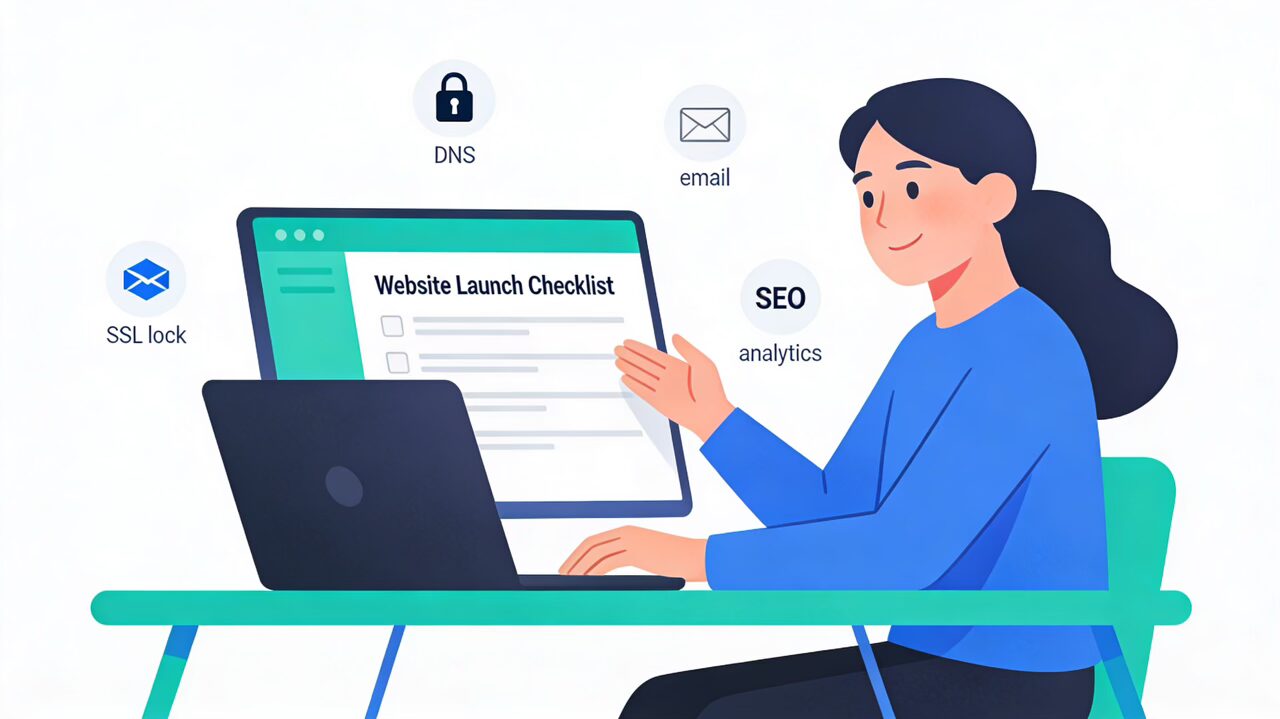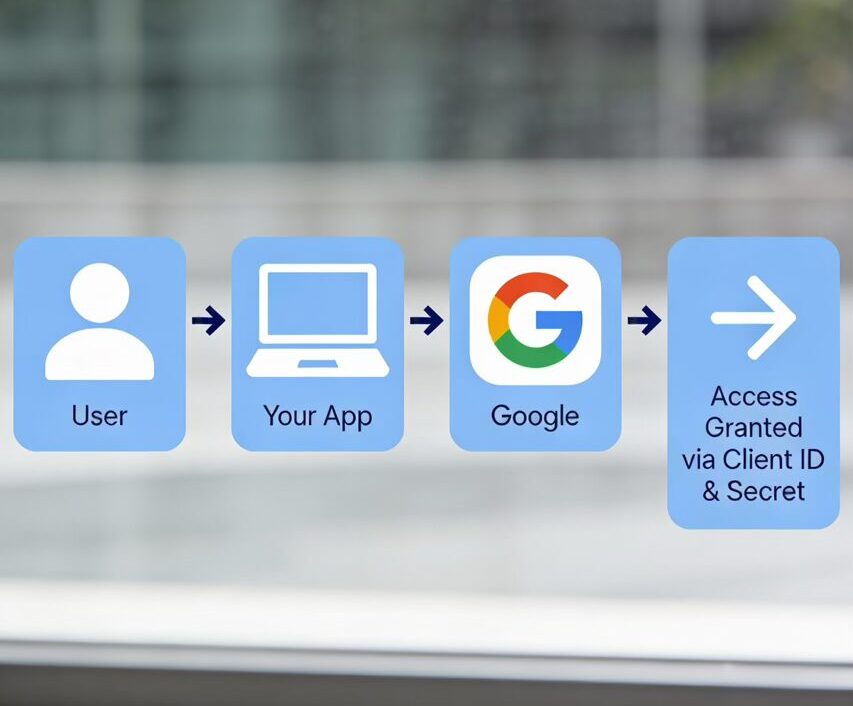Are you looking to improve your ranking on Google search results in the coming year? SEO (search engine optimization) is a constantly evolving field, and it’s important to stay up to date with the latest techniques and best practices if you want to see results. In this post, we’ll be sharing some of the top strategies you can use to improve your ranking on Google search results in 2023.
17 Key Strategies to Improve Your Google Ranking
Here are the top key strategies you can use if you want to improve your ranking on Google search results:
- Use keyword-rich titles and descriptions: Make sure your website’s titles and descriptions contain relevant keywords that are relevant to your business and the content on your website. This will help Google understand what your website is about and improve its ranking for those keywords.
- Use header tags: Header tags, such as H1, H2, and H3 tags, help structure your content and make it easier for Google to understand what your website is about. Use header tags to highlight important information and break up your content into sections.
- Use alt text for images: Alt text is a description of an image that is displayed when the image can’t be displayed for some reason. By using alt text, you can help Google understand what the image is about and improve its ranking for relevant keywords.
- Optimize your website for mobile devices: More and more people are using their smartphones to access the internet, so it’s important to make sure your website is optimized for mobile devices. This includes using a responsive design, making sure your website loads quickly, and making sure the content is easy to read on a small screen.
- Use internal and external links: Internal links are links that point to other pages on your website, while external links are links that point to other websites. Both types of links can help improve your ranking on Google, as they help show that your website is a useful and authoritative source of information.
- Use social media to promote your website: Having a presence on social media platforms can help drive traffic to your website and improve your ranking on google search results. Make sure to post regular updates and share links to your website on your social media profiles.
- Use long-tail keywords: Long-tail keywords are more specific and less competitive than short-tail keywords, and they can be a good way to target a specific audience. By targeting long-tail keywords, you may be able to improve your ranking on Google search results more easily.
- Use schema markup: Schema markup is a type of code that you can add to your website to help Google understand the content on your website better. By using schema markup, you can help improve your ranking for certain keywords and get your website displayed in Google’s rich snippets, which are special search results that include additional information about your website.
- Optimize your website’s loading speed: Google takes website loading speed into account when ranking websites, so it’s important to make sure your website loads quickly. You can use tools like Google’s PageSpeed Insights to test your website’s loading speed and get suggestions on how to improve it.
- Use local SEO techniques: If you have a physical location or serve a specific geographic area, you can use local SEO techniques to help improve your ranking on Google search results. This includes optimizing your website for local keywords, creating a Google My Business listing, and getting listed in local online directories.
- Use meta tags: Meta tags are snippets of code that provide information about your website to search engines. By including relevant meta tags on your website, you can help improve your ranking for certain keywords and provide additional context to search engines about your website.
- Use a sitemap: A sitemap is a file that lists all the pages on your website and helps search engines understand the structure of your website. By creating and submitting a sitemap to Google, you can help improve the visibility of your website on search results.
- Use breadcrumb navigation: Breadcrumb navigation is a type of navigation that helps visitors understand their location on your website and helps search engines understand the structure of your website. By using breadcrumb navigation, you can help improve the usability of your website and make it easier for search engines to crawl and index your pages.
- Use canonical tags: Canonical tags are tags that you can use to tell search engines which version of a page to index. This can be useful if you have multiple versions of a page on your website (e.g. a mobile version and a desktop version) and want to make sure that only one version is indexed.
- Use social signals: Social signals are signals that indicate the popularity of a website on social media platforms. By getting your website shared and liked on social media, you can help improve your ranking on Google and drive more traffic to your website.
- Optimize for featured snippets: Featured snippets are the summary blocks that appear at the top of the search results page. They are designed to provide quick answers to user queries. Optimizing your content to be eligible for featured snippets can help improve your visibility and drive more traffic to your website.
- Acquire Backlinks: Backlinks are an extremely necessary principle in improving your domains authority. Being featured in posts from other businesses (typically cross referencing) is a keyway to increase the number of quality backlinks.
They Real Key to Success
Overall, the key is to create high-quality content that is relevant, useful, and easy to read, and to use a variety of on-page SEO techniques to help Google understand what your website is about and improve its ranking. Google values high-quality, useful, and informative content. By consistently creating and publishing high-quality content, you can improve your website’s visibility and search rankings.
If you’re interested in learning more about how Devbo can help you improve your ranking on Google and drive more traffic to your website, please don’t hesitate to contact us. Our team is here to provide you with a free SEO analysis and help you develop a strategy to improve your online presence. Contact Us today!
Check out our blog post about how to rank higher on Google as a Local Business
Here are a few sources you can refer to for more information on SEO:
- The Google Search Central Blog: https://webmasters.googleblog.com/ This is Google’s official blog for webmasters and provides updates on the latest search algorithms and best practices for SEO.
- Moz’s Beginner’s Guide to SEO: https://moz.com/beginners-guide-to-seo This is a comprehensive guide to SEO that covers the basics of how search engines work, how to optimize your website for search, and how to track and measure your results.
- The Search Engine Journal: https://www.searchenginejournal.com/ This is a blog that covers the latest news and trends in the world of search engine optimization.
- Neil Patel’s Blog: https://neilpatel.com/blog/ Neil Patel is a well-known digital marketer and his blog covers a wide range of topics related to SEO and online marketing.
- The Hubspot Blog: https://blog.hubspot.com/marketing The Hubspot blog covers a wide range of topics related to marketing and has a section dedicated to SEO.









